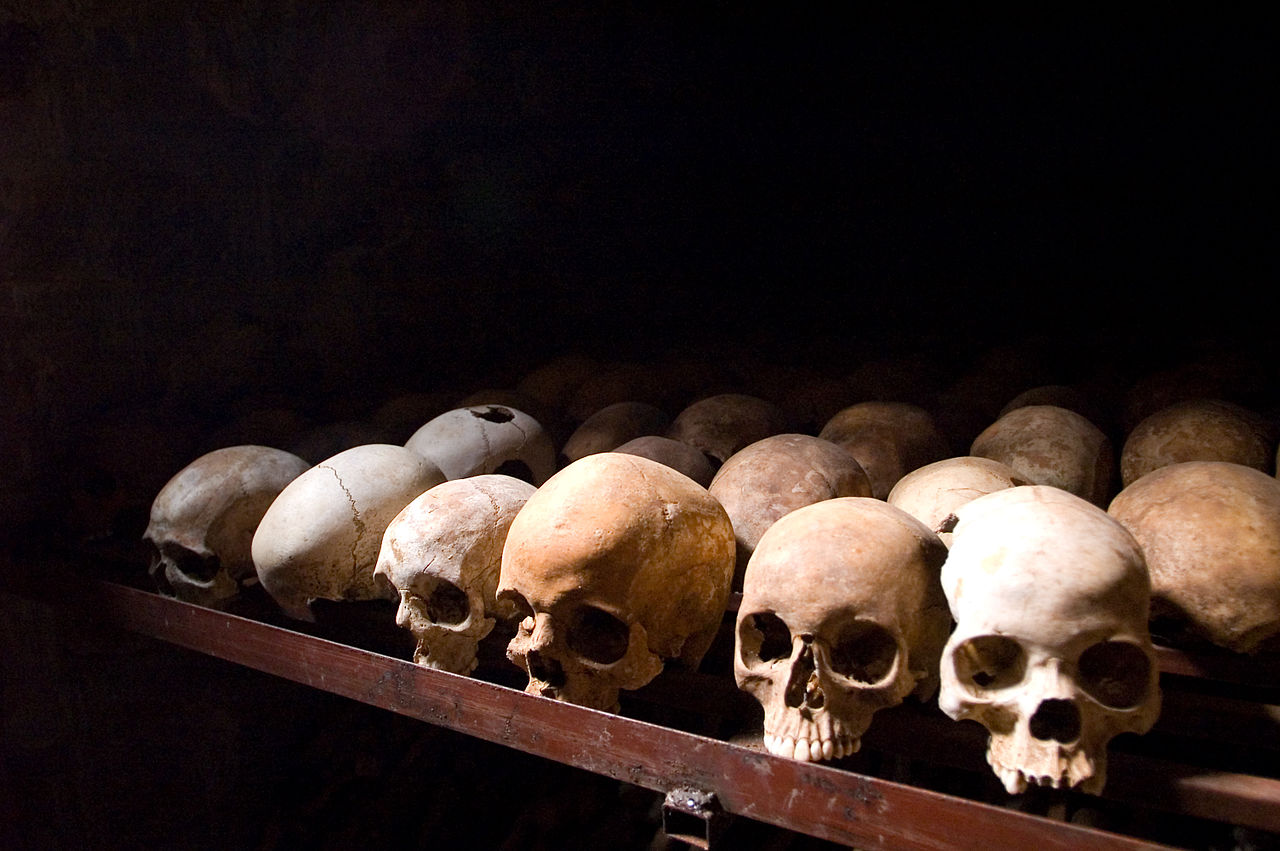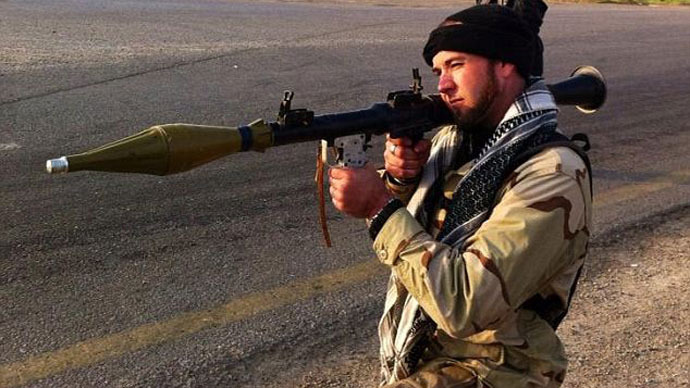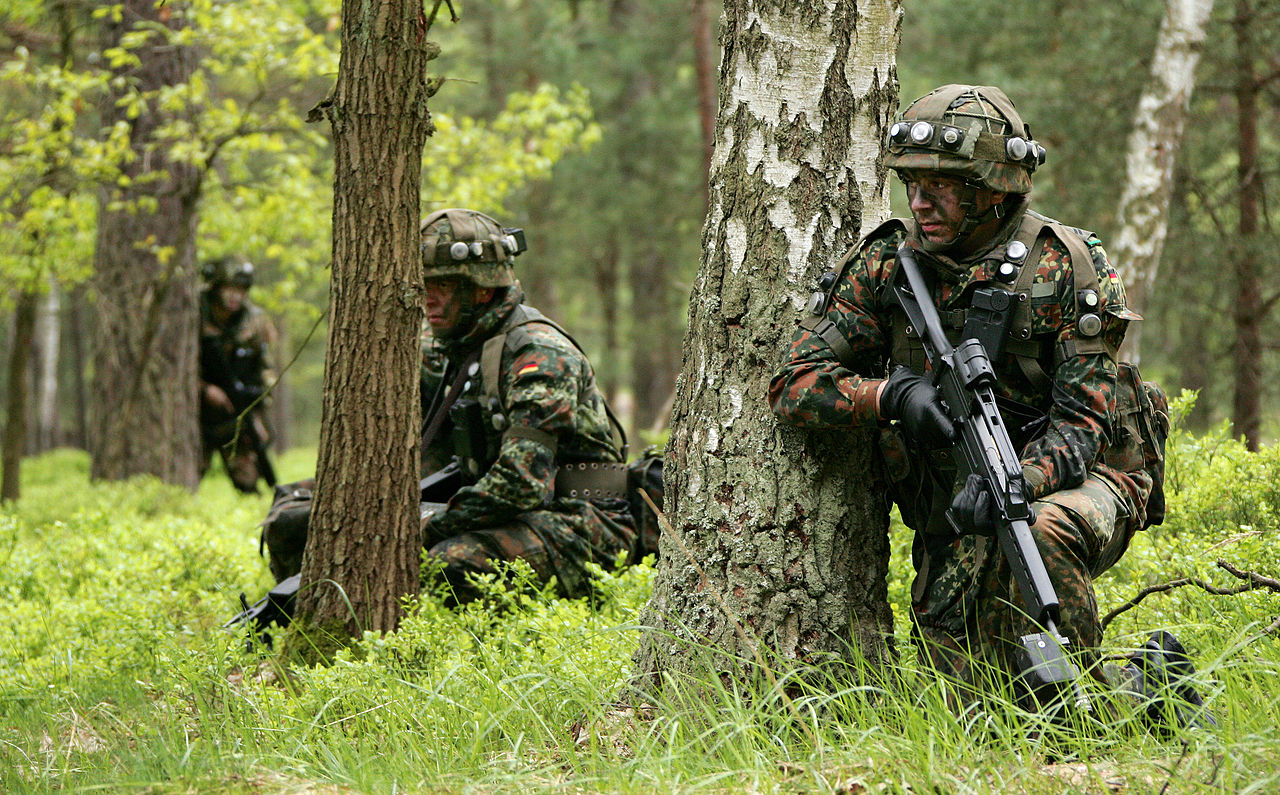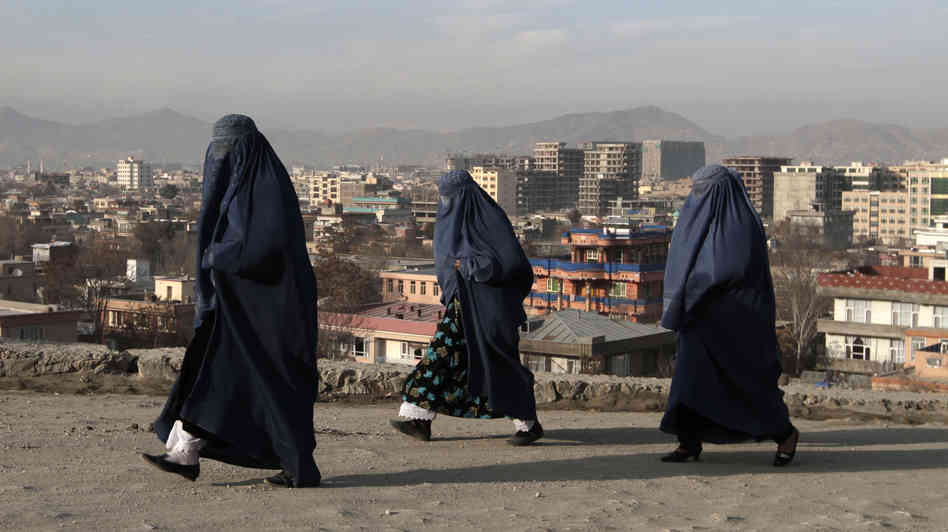On April 20, 2016, the Honourable Rona Ambrose, Leader of the Official Opposition, rose in the House of Commons to present a motion calling on the Canadian Parliament to recognize the atrocities committed by ISIS as war crimes, crimes against humanity and genocide. Immediately afterwards, Liberal M.P. Pam Goldsmith-Jones presented a motion similar in text albeit completely different in intent. The Liberal motion described the actions of ISIS as “genocidal in nature”, but not unequivocally genocide. Both motions failed to receive unanimous consent.
On the other hand, the British Parliament, the U.S House of Representatives, and the European Parliament have all unanimously declared the actions of ISIS towards religious and ethnic minorities including Yazidi, Christian and Shias, a genocide. This undisputed consent by some of Canada’s most important allies, reflects an overwhelming political acknowledgement that genocide is occurring. These raise two questions: do the actions perpetrated by ISIS against the religious minorities in Iraq and Syria constitute genocide and if so, why won’t the Canadian government acknowledge it accordingly?
According to Article II of the United Nations Convention on the Prevention and Punishment of the Crime of Genocide, (CPPCG) “… genocide means any of the following acts committed with intent to destroy, in whole or in part, a national, ethnical, racial or religious group, as such:
(a) Killing members of the group;
(b) Causing serious bodily or mental harm to members of the group;
(c) Deliberately inflicting on the group conditions of life calculated to bring about its physical destruction in whole or in part;
(d) Imposing measures intended to prevent births within the group;
(e) Forcibly transferring children of the group to another group.”
A critical part of this definition is “the intent to destroy in whole or in part, a national, ethnical, racial or religious group”. While ISIS shares tactical and ideological characteristics with other terrorist organizations such as Al-Nusra or Al Shabaab, ISIS’s extensive commitment to the eradication of the religious, cultural, and ethnic minorities in the areas they control is unique to their organization. A February 2016 report from the UN Human Rights Council entitled The Report of the Independent International Commission of Inquiry on the Syrian Arab Republic, referenced public accounts in which “ISIS declared that it did not recognize the right of the Yazidi religious minority to exist inside its caliphate”. Actions reflecting these declarations have been occurring for years.
In August of 2014, ISIS captured several towns in the Sinjar district of Iraq. During this operation, up to 5,000 innocent Yazidi men were killed and approximately 7,000 Yazidi women were kidnapped, many of who were forced to be sex slaves. By December of 2015, the UN human rights office in Iraq had received reports of 16 mass graves in Sinjar. Mass graves were also uncovered in Ramadi. There are numerous eyewitness accounts from civilians who have escaped, which detail the vile and cataclysmic means by which ISIS is committing genocide.
The British Parliamentary Hansard reveals several accounts, one of which depicts a village where almost all girls over the age of 8 were raped. Many of the girls had their reproductive capabilities destroyed and others were gang raped to death. In another instance, 250 children under the age of 5 were put through a dough kneader and then cooked in an oven. Another example mentioned how an infant boy was ground up and force fed to his mother. These horrific cases display the impunity with which ISIS is able to carry out genocide.
In January of 2016, a report from the Office of the United Nations High Commissioner for Human Rights acknowledged that ISIS is likely to commit genocide. Given the growing international consensus that ISIS is committing genocide, it is difficult to understand why the Canadian Government disagrees. The Liberal Party’s position is that ISIS is committing crimes but not genocide.
Implications of Acknowledging the Actions of ISIS as Genocide
Labeling these events as ‘genocide’ entails legally normative obligations and political implications for the current Canadian government. Despite the fact that the CPPCG does not explicitly dictate the requirement of signatories to punish and prevent genocide, ‘prevention of genocide’ is a jus cogens, a peremptory norm. This means that the Contracting Parties, through Article I, agree “…genocide, whether committed in time of peace or in time of war, is a crime under international law which they undertake to prevent and to punish” thereby tacitly agreeing to the obligation to prevent ‘genocide’.
The fulfillment of this obligation might involve certain measures such as advocating for the persecution of those responsible for genocide, lobbying international partners to recognize the genocide and even, military intervention. Canada’s obligation to intervene must not be negated because of political reluctance to acknowledge the ongoing actions of ISIS as genocide. This reluctance might be due to the emerging exigency to explain how Canada’s ongoing training missions or any further action would constitute Canada’s best efforts to stop genocide.
Surely the aforementioned jus cogens would be violated if a training mission were Canada’s only response to preventing an ongoing genocide. This could be problematic for the Liberal government, which explicitly removed Canada’s combat component from the mission against ISIS. The Liberal government’s foreign affairs agenda is largely focused on returning to Canada’s traditional role as peacekeepers. In the case of genocide, when there is no peace to keep, combat soldiers who will protect innocent victims and make peace are necessary.
On January 11, 1994, Canadian Major General Roméo Dallaire, Commander of the United Nations Assistance Mission in Rwanda (UNAMIR), warned UN headquarters of the impending genocide. A Rwandan politician informed Dallaire of preparations for genocide, such as the registration of the Tutsis. UN responded by instructing Dallaire to convey his concerns to Rwandan President Habyarimana. Members of the president’s cohort were involved in planning the genocide and the warning failed. Three months later on April 7, 1994, the Rwandan genocide began; over the next 100 days between 800,000 and 1 million Rwandans, predominantly Tutsis, were murdered with machetes. In Rwanda, Canada and the West had reliable information that genocide was going to happen, yet nothing happened to prevent it. In Iraq and Syria, the West has reliable information that genocide is ongoing and still no suitable response has occurred.
Genocide is a term, which carries such gravitas that it must not be used inappropriately. Genocide is also a crime, which carries such enormous implications that it must never be ignored. Elie Wiesel, a Holocaust survivor, said the following during his 1986 Nobel Peace Prize acceptance speech:
Neutrality helps the oppressor, never the victim. Silence encourages the tormentor, never the tormented. Sometimes we must interfere. When human lives are endangered, when human dignity is in jeopardy, national borders and sensitivities become irrelevant. Wherever men or women are persecuted because of their race, religion, or political views, that place must – at that moment – become the center of the universe.
Tragically, the world is again witnessing another genocide. The unwillingness of Western governments to aggressively and immediately stop ISIS’s genocide, let alone acknowledge its occurrence, will passively enable its perpetuation.
Photo courtesy of Fanny Schertzer (Inisheer).
Disclaimer: Any views or opinions expressed in articles are solely those of the authors and do not necessarily represent the views of the NATO Association of Canada.




